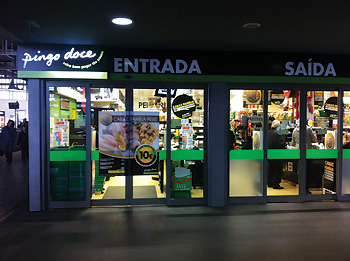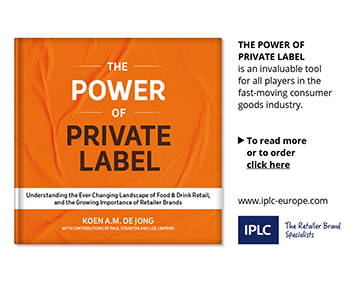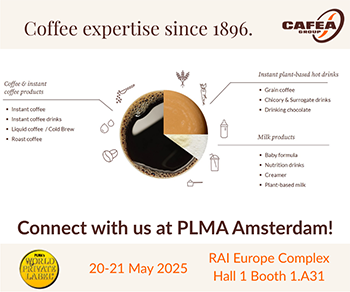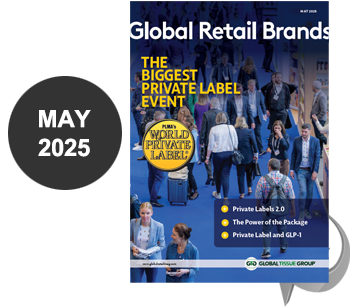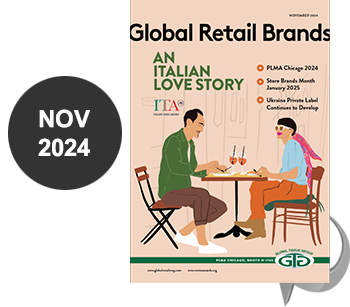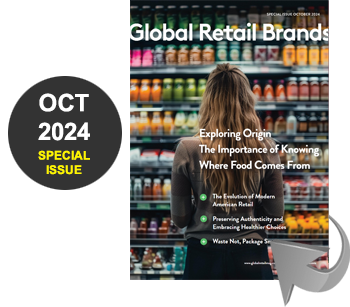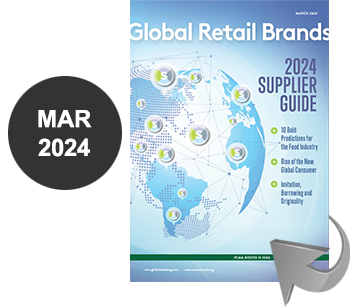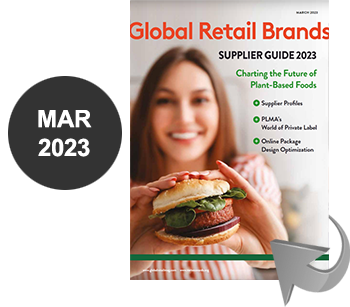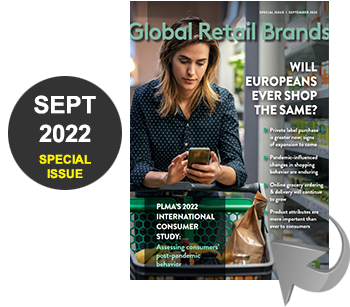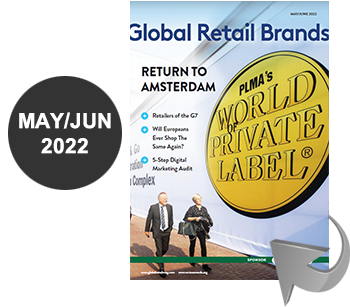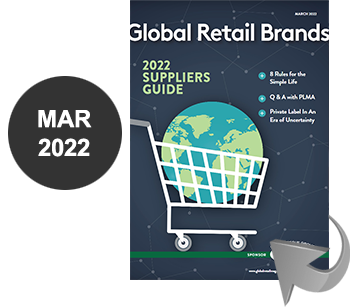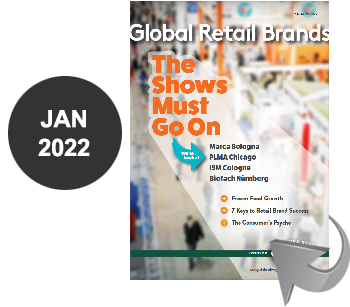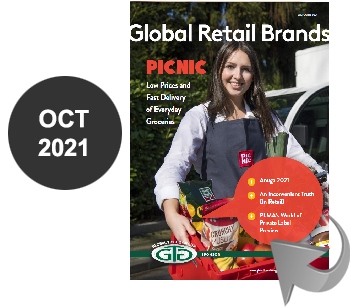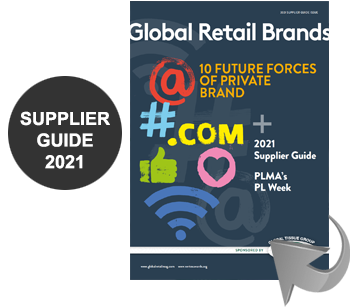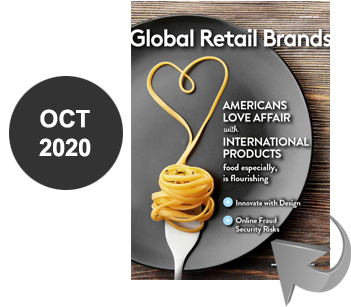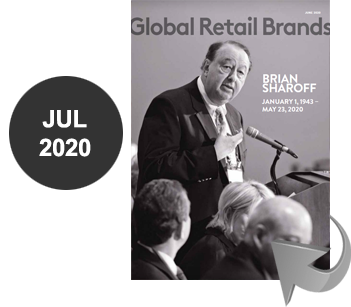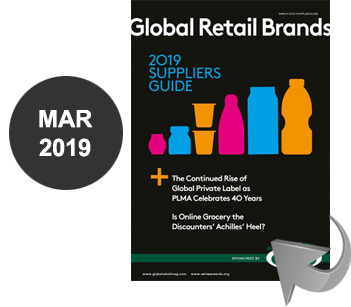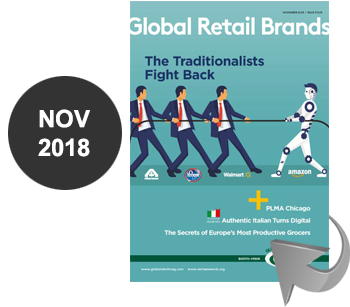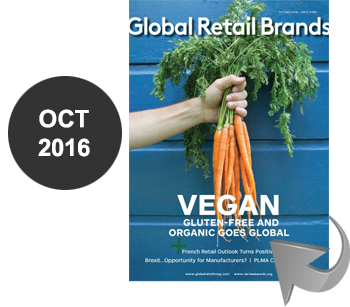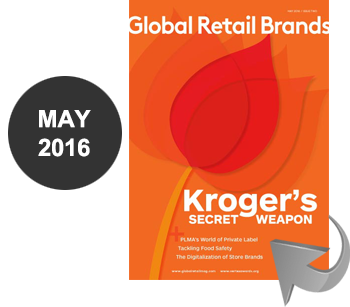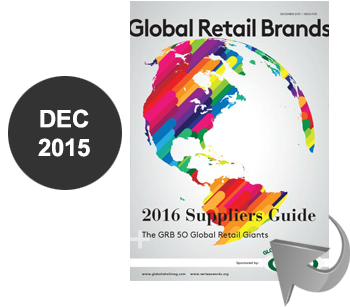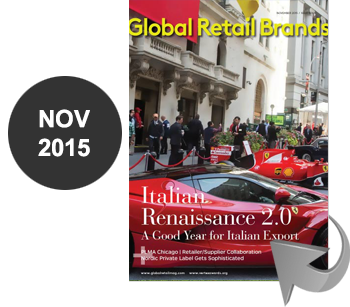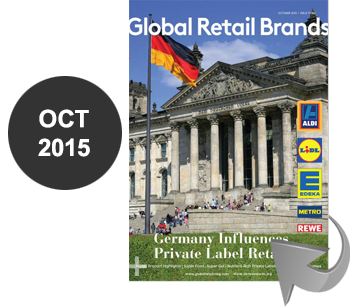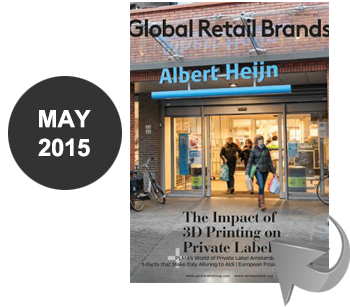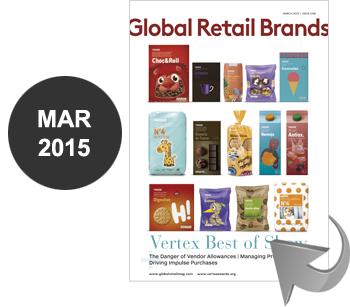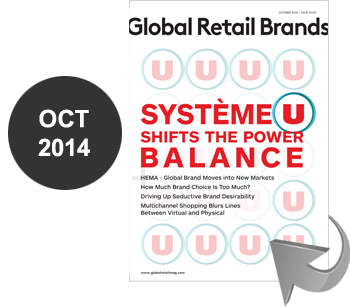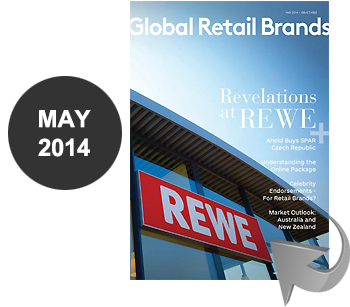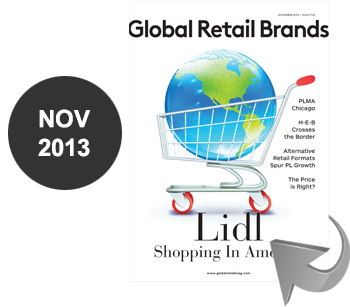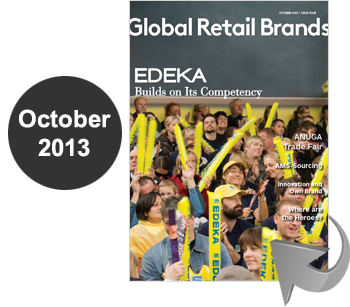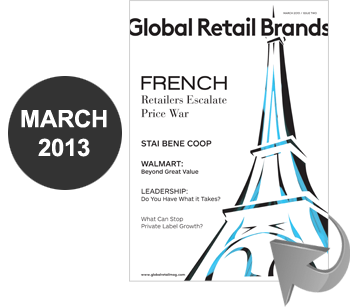Written / NIKLAS REINECKE, ASSOCIATE ANALYST and DAVID HAMILTON, ANALYTICS SOLUTION DIRECTOR, FOR PLANET RETAIL
The economic crisis in Western Europe has reached the shelves in supermarkets. As consumer wallets grow thinner, manufacturers are increasingly offering smaller package sizes and simpler products to help reduce consumers’ weekly spend. Planet Retail and Aimia took a closer look at consumer behaviour and strategies from suppliers and retailers in Western Europe to provide an outlook on how to achieve growth in the region in the future.
UNILEVER BRINGS DEVELOPING MARKET STRATEGIES TO EUROPE >>
After years of declining and stagnating revenues in Western Europe, consumer goods manufacturer Unilever has revised its growth strategy. “Poverty is returning to Europe”, Jan Zijderverld, Unilever’s top European manager, recently told Financial Times Deutschland. “If a Spaniard only spends EUR17 (USD21) per shopping visit, you cannot sell him washing powder for half of his budget,” he added.
As a result, Unilever has begun offering smaller, less expensive, packages, so as to limit the strain on shoppers’ increasingly limited budgets. Those strategies, according to Zijderveld, were originally applied in developing markets in Asia. “In Indonesia, we sell single units of shampoo for two to three cents and earn decent money. We know how it works, but we forgot how to do it in Europe prior to the crisis.” The change of strategy seems to have paid off for the company as it has reported that revenues in Europe increased in 2011 by 0.7% and 1.1% in H1 2012.
LEANER TIMES AHEAD >>
The strategy change of Unilever, and also other FMCG manufacturers, seems to make sense. According to the ‘Employment and Social Situation Review’ from the European Commission, there has been a sharp rise in the numbers of households experiencing financial distress across the EU during early 2012. These households struggle to meet their everyday living requirements and are either running into debt or drawing on savings. Such extreme constraint might mean a single incident, such as a broken-down car, could have dire consequences. The pressure on the consumer budget might not come as such a surprise given the austerity measures implemented in Greece, Portugal, Spain and Italy, as well as their persistently high unemployment rates. As a result, manufacturers and retailers need to revise their strategies to meet demand and achieve growth.
CHANGE OF SHOPPING HABITS IN WESTERN EUROPE >>
Implications
- The economic crisis in Western Europe is here to stay. As such, both FMCG manufacturers and retailers will face testing conditions in the region. Both will be channelling investment to higher growth regions, if possible, while tailoring their offers more appropriately to the consumer.
- Private label is vastly expanding in Europe. The strategic move from FMCG manufacturers to offer more entry-level products will establish a new battleground with private label brands from retailers.
- While it is increasingly seen as a necessity to offer smaller and simpler products for consumers in the crisis-hit Western European countries, this concept is also transferable to other European regions. Germany, for instance, has more and more single households which demand appropriate product quantities. Also, a recent trend towards investment in small-box residential store formats encourages the roll-out of smaller pack sizes due to reduced average shelf space.
- More frequent supermarket visits and decreasing shopping basket sizes have and will trigger future changes in the product offerings. This trend affects both private label and branded products which have to be promoted or offered in smaller quantities accordingly.
Until recently, consumer goods manufacturers mainly tried to achieve growth in Western Europe through premium brands and ecological products. However, the dire economic state and negative growth forecasts have encouraged manufacturers to increasingly shift their investment dollars to emerging markets in Asia and South America.
By contrast, emerging market strategies are being applied more and more in Western European countries such as Greece, Portugal, Spain and even in France and the UK. Consumer behaviour has changed, too. Sainsbury’s, a UK grocery retailer, found that customers are visiting more often but buying less than they used to, while other retailers have noted a more “professional” approach to shopping with more shopping lists and fewer impulse purchases.
The picture in France is similar. Bruno Witvoet, President of Unilever France, said: “The value of the average shopping basket tends to decrease while the frequency of purchases tends to increase. So we need to have certain product categories on offer to achieve a more affordable entry price, which means either to increase promotions or to develop more small packages.”
In other countries, too, consumer goods manufacturers and retailers are seeking to make their goods more affordable to the shopper. “In Greece, retailers and FMCG companies are trying to overcome the consequences of the continuing economic depression by investing in the retailers’ brands (which continue to grow their share in the market), the lowering of prices by major FMCG players (mainly in the categories of detergents, health care and beauty) and the emphasis given to the Greek origin of products as well as supermarket enterprises,” Xenia Mantziori, Editor in Chief at Greek magazine Self-Service stated in a note to Planet Retail.
Also in Portugal, FMCG manufacturers are facing tough times, losing revenues of around 3% in the first half of 2012, according to a note from Bruno Farias, Editorial Coordinator at Grande Consumo, to Planet Retail. New package sizes with smaller portions are beginning to appear, especially in health & beauty ranges, Farias stated, while simpler product versions are likely to make a visible impact from the fourth quarter of this year.
HENKEL SAVES ON PACKAGING, NESTLÉ OFFERS SMALLER PORTIONS >>
Consumers, especially in the crisis ridden Western European countries, are demanding more affordable products. Also, they tend to increasingly plan their shopping prior to visiting a store, a trend often referred to as the “professionalisation of shopping”
Like Unilever, other consumer goods manufacturers have adjusted their offerings. German company Henkel, for instance, has introduced simpler product packages. As such, the company now offers a basic bottle of detergent without a measuring cap or carry-handle supplying up to 27 washes for EUR4.75 under the Xtra Total Eco Brand in Spain, France, Italy, Greece and Portugal. The repackaging was in response to consumers becoming more price-sensitive, company spokesman Wulf Klüppelholz told German news portal Tagesschau.de.
Nestlé, on the other hand, offers popular priced products in mini portions, such as single spice cubes, one-cup instant coffee or single-bag soups for low-income households. Both companies are seeking to further their budget offerings, with Henkel offering a fabric softener based on the Xtra Total Eco packaging model, while Nestlé says it is developing even more basic products with fewer ingredients at an even lower price. However, entry level products will result in more direct competition with private labels from retailers.
CLASH WITH PRIVATE LABEL BRANDS >>
The strategy shifts of Unilever, Nestlé and Henkel imply that manufacturers do not expect significant improvements in the state of the European economies any time soon. An increase in private label penetration among retailers is likely to become another battleground. In Spain, sales of private labels have increased rapidly from around 40% in 2009 to 49% in 2011, while private label sales increased to over 42% and 20% in Portugal and Greece respectively, according to market research company Nielsen.
In Portugal and other crisis-hit markets, the economic downturn has made price a crucial factor in the customer’s shopping decisions. This, together with the fact that shoppers are increasingly seeing private label products as delivering good value for money, is fuelling sales growth. Private label producers have also become more flexible in their package sizes. For instance Sinnack, a German manufacturer of pastries, is now offering smaller pack-sizes for single and double households in Europe.
Retailers themselves are also becoming more innovative to cater for the more cash-challenged budget. In France, Auchan is displaying 80g beef pieces in its fresh food section to make its meat offerings more attractive to households on tight incomes. Inevitably, we will see both private label and branded consumer goods adapted to shopper needs even more in the future.
The frequency of customer purchases tends to increase while the average value of the shopping basket tends to decrease.
NEW BREADTH OF ASSORTMENT TO MEET CONSUMER NEEDS >>
The impact of retailers and manufacturer’s initiatives on consumer behaviour is backed by an analysis of Aimia, a global provider of loyalty solutions, which conducted an analysis across a range of product categories at a number of retailers that it works with. David Hamilton, Analytics Solution Director for Aimia, said:
“We’ve seen that retailers and manufacturers are providing a new breadth of assortment and promotions to provide their customers with more choice suited to their needs. Retailers who have a better understanding of their customer segments through data analysis are providing more suitable product choices which are helping customers through the recession – whether that’s in buying larger pack formats for better value or helping customers reduce their consumption and product waste by providing smaller pack sizes.“
For instance, in laundry detergents the findings show that there is a strong growth in purchasing of 2+ kg packs of laundry powder, normally the traditional preserve of price-conscious shoppers only. However, in more discretionary purchases such as wine, there is a surge in customers switching from the traditional category-dominant 75cl bottles, to 18, 25 and 50cl bottles. Likewise in the carbonated drinks sector, the traditional preserve of global brands, the weight of purchases and frequency have declined in some of the key brands despite increasing promotional discounts while private label has seen customer growth.
MORE TAILORED PRODUCTS THROUGH BETTER MARKET UNDERSTANDING >>
“Those developments show that it is imperative that retailers and manufacturers have to continue to gain a deep understanding of their customers and their loyalties so they are provided for in different economic circumstances,” Hamilton says. As such, both manufacturers and retailers will need to better tailor their offerings to their customers’ needs, especially against a background of minimal to negligible future market growth.
Adjusted package sizes and more basic products, however, will also be increasingly introduced in countries less affected by the Euro-crisis. In many European countries, such as Germany, there are more and more single or two-person households, following decades of falling birth rates and the spread of more individualistic lifestyles. These consumers demand more suitable product quantities for their consumption needs (a factor that has also been behind the recent pressures of the hypermarket format in Western Europe). As such, there remains plenty of scope for both brands and private label manufacturers to achieve growth by launching more tailored products to their customers.

